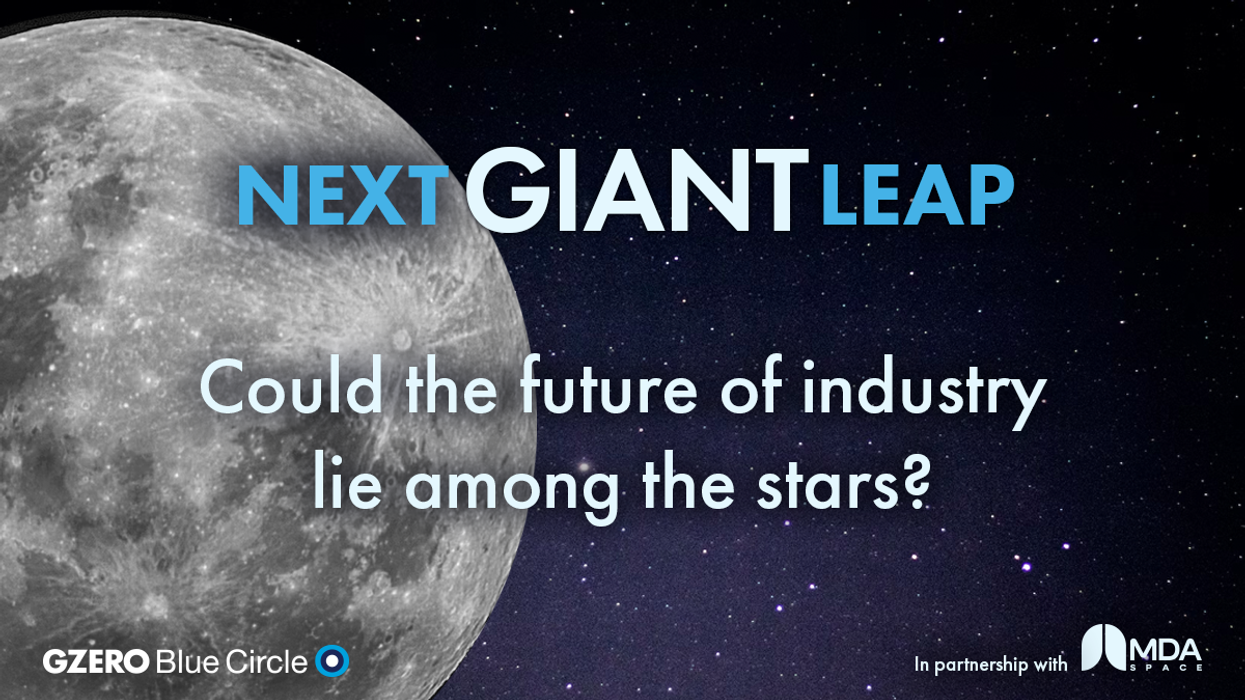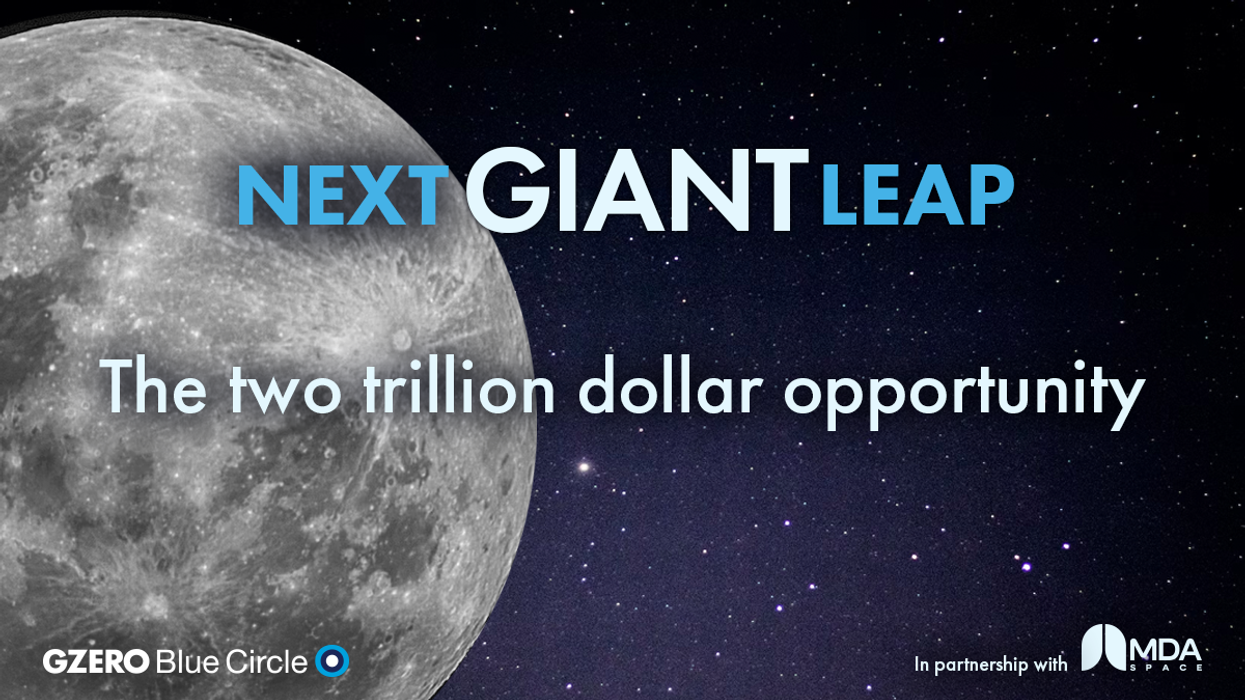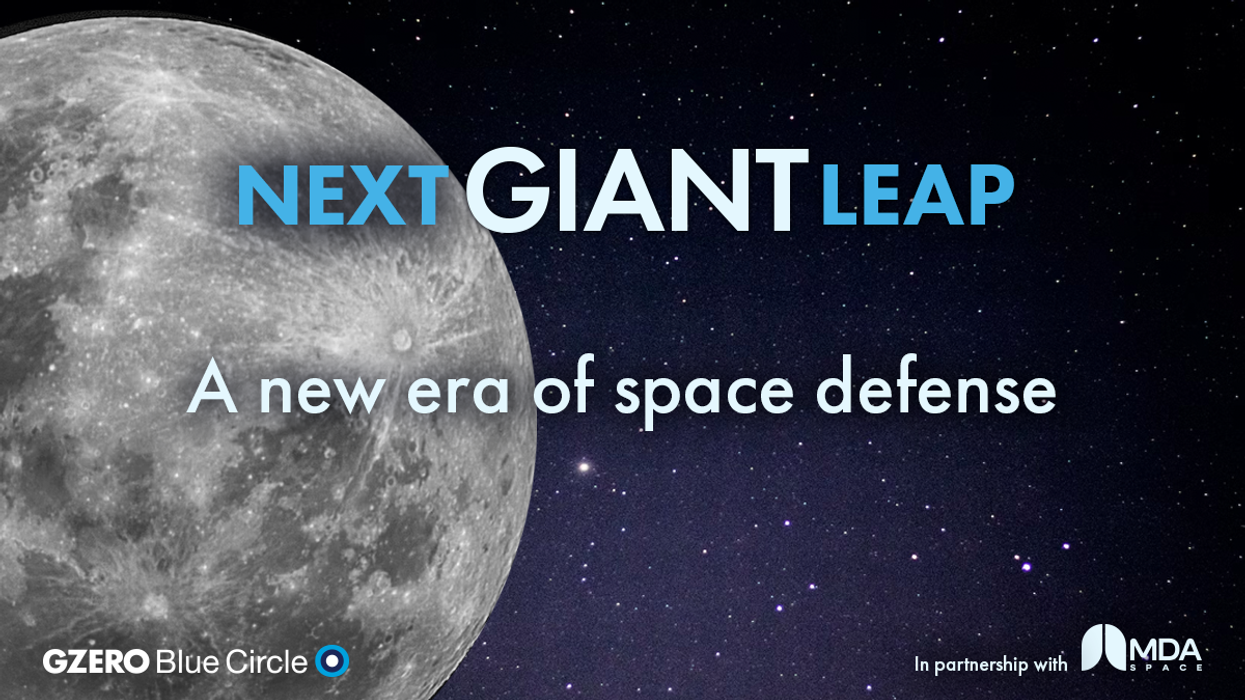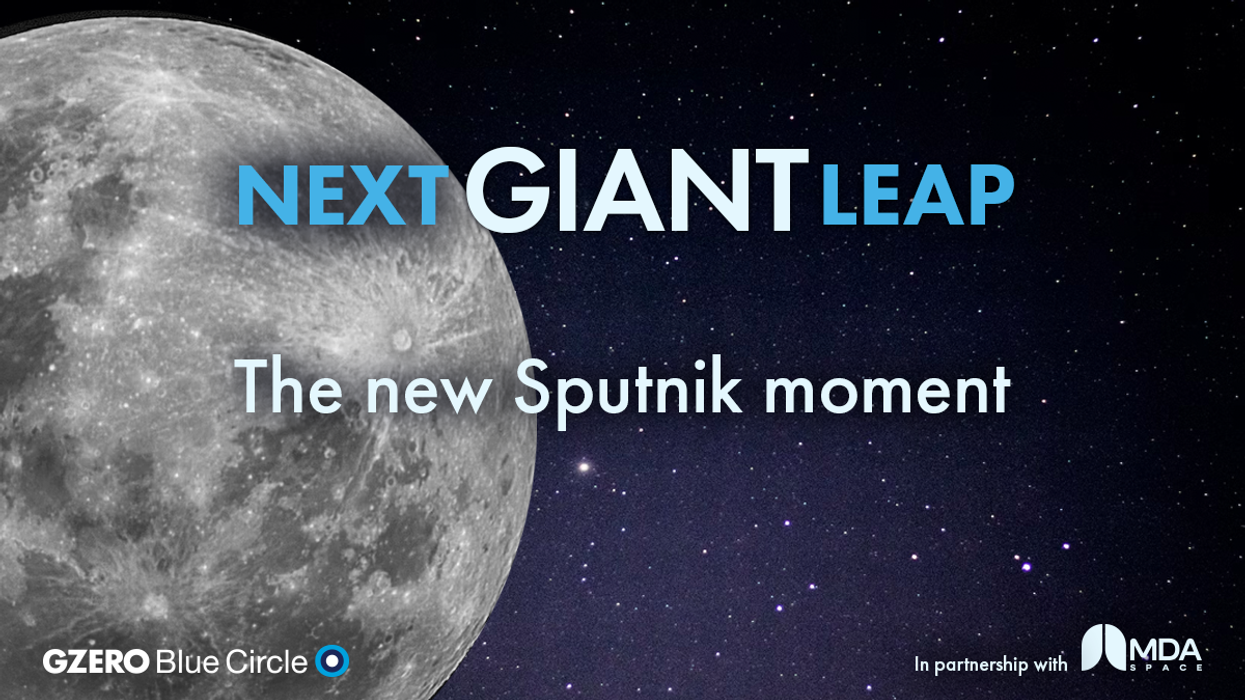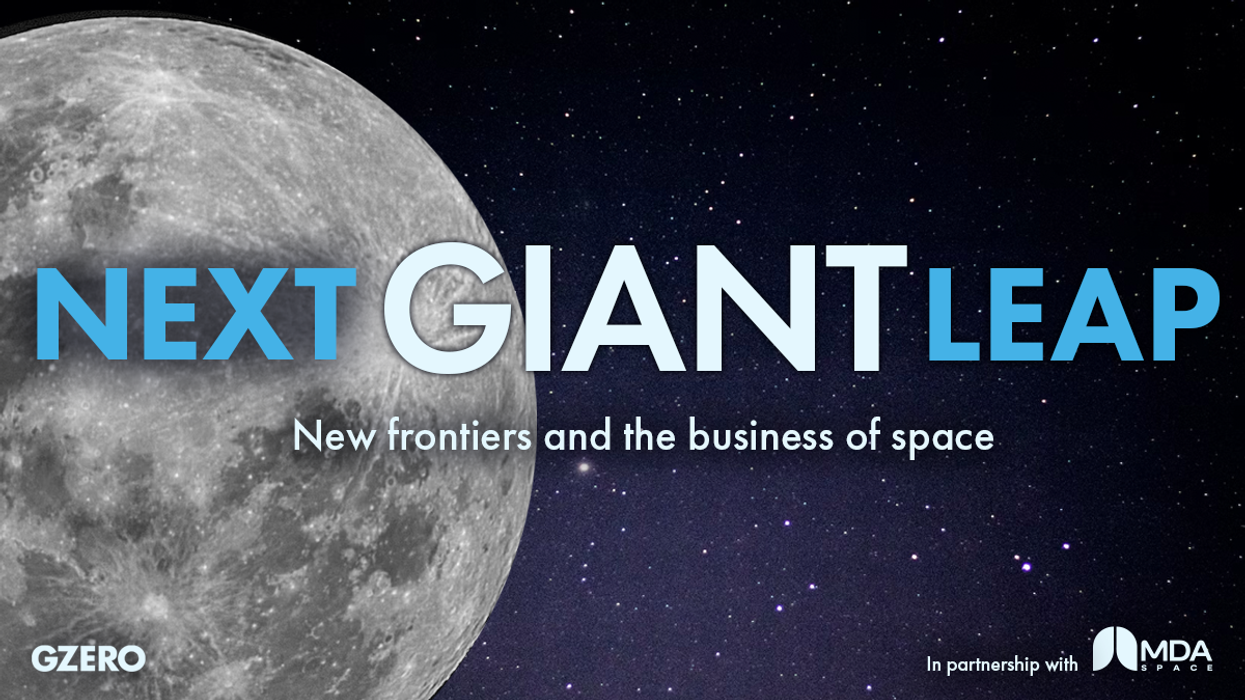Could the future of industry lie among the stars?
Creating artificial human retinas in zero gravity. Mining rare minerals on the moon. There seems to be no limit to what could be possible if we continue to take our more important industries to space. Join Mike Massimino and Mike Greenley on this episode of Next Giant Leap as they explore the industrialization of space. Dr. Joan Saary sheds light on the potential of designing medical treatments in microgravity and treating astronauts in orbit, and Dr. Gordon Osinski explains the exciting future of resource extraction on other planetary objects.
Listen: Creating artificial human retinas in zero gravity. Mining rare minerals on the moon. There seems to be no limit to what could be possible if we continue to take our more important industries to space. Join Mike Massimino and Mike Greenley on this episode of Next Giant Leap as they explore the industrialization of space. Dr. Joan Saary sheds light on the potential of designing medical treatments in microgravity and treating astronauts in orbit, and Dr. Gordon Osinski explains the exciting future of resource extraction on other planetary objects.
Next Giant Leap, hosted by MDA Space CEO Mike Greenley and former NASA astronaut Mike Massimino, is a podcast series that explores how business and innovation are transforming space—and life on Earth. From national security to military technology to medical discoveries, the two Mikes talk to leading experts about the risks, opportunities, and big questions of the new Space Age.

